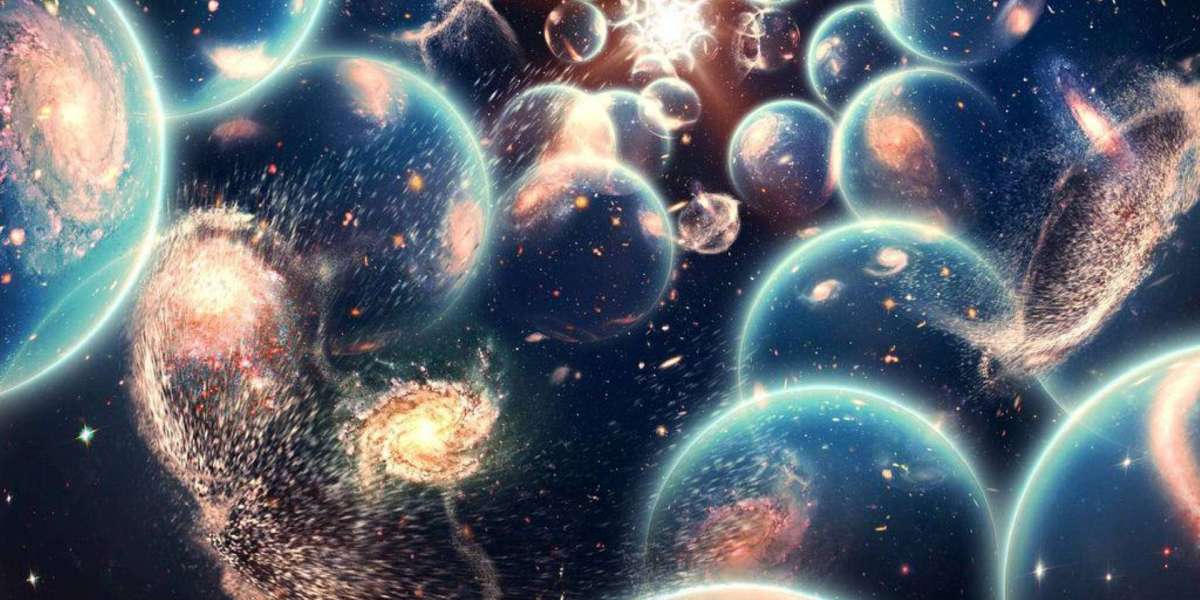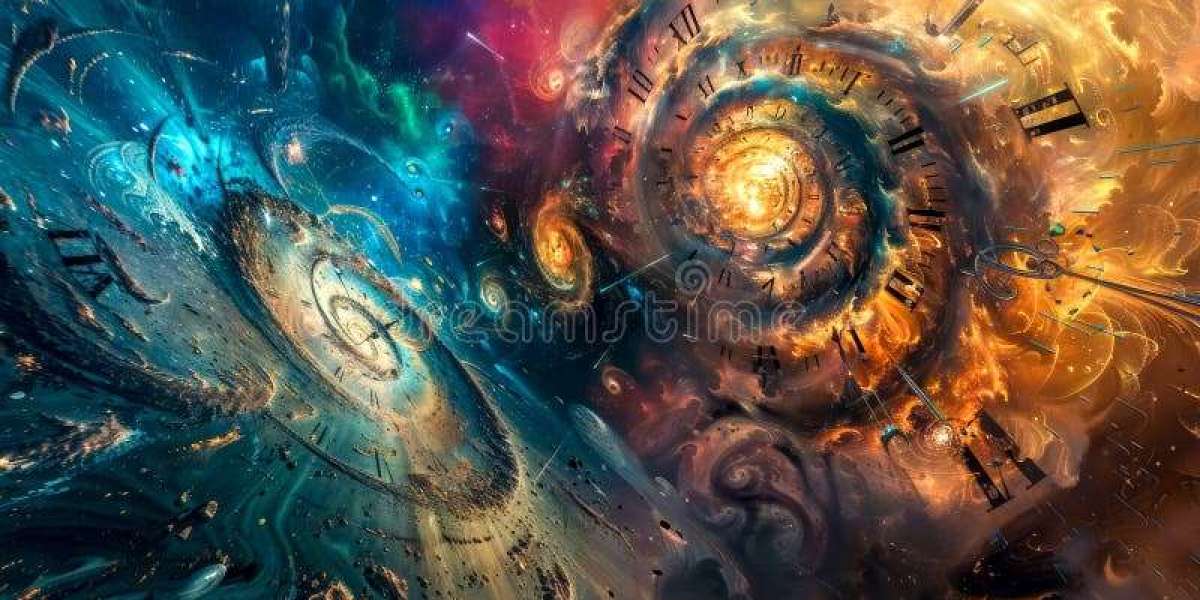The multiverse is a hypothetical collection of universes that may exist beyond our observable universe.
multiverse, a hypothetical collection of potentially diverse observable universes, each of which would comprise everything that is experimentally accessible by a connected community of observers. The observable known universe, which is accessible to telescopes, is about 90 billion light-years across.
The concept of multiple universes, or a multiverse, has been discussed throughout history, including Greek philosophy. It has evolved and has been debated in various fields, including cosmology, physics, and philosophy. Some physicists argue that the multiverse is a philosophical notion rather than a scientific hypothesis, as it cannot be empirically falsified. In recent years, there have been proponents and skeptics of multiverse theories within the physics community. Although some scientists have analyzed data in search of evidence for other universes, no statistically significant evidence has been found. Critics argue that the multiverse concept lacks testability and falsifiability, which are essential for scientific inquiry, and that it raises unresolved metaphysical issues.
The anthropic principle suggests that the existence of a multitude of universes, each with different physical laws, could explain the asserted appearance of fine-tuning of our own universe for conscious life. The weak anthropic principle posits that we exist in one of the few universes that support life. Debates around Occam's razor and the simplicity of the multiverse versus a single universe arise, with proponents like Max Tegmark arguing that the multiverse is simpler and more elegant. The many-worlds interpretation of quantum mechanics and modal realism, the belief that all possible worlds exist and are as real as our world, are also subjects of debate in the context of the anthropic principle.
The ultimate fate of the universe is a topic in physical cosmology, whose theoretical restrictions allow possible scenarios for the evolution and ultimate fate of the universe to be described and evaluated. Based on available observational evidence, deciding the fate and evolution of the universe has become a valid cosmological question, being beyond the mostly untestable constraints of mythological or theological beliefs. Several possible futures have been predicted by different scientific hypotheses, including that the universe might have existed for a finite and infinite duration, or towards explaining the manner and circumstances of its beginning.
Observations made by Edwin Hubble during the 1930s–1950s found that galaxies appeared to be moving away from each other, leading to the currently accepted Big Bang theory. This suggests that the universe began very dense about 13.787 billion years ago, and it has expanded and (on average) become less dense ever since.[1] Confirmation of the Big Bang mostly depends on knowing the rate of expansion, average density of matter, and the physical properties of the mass–energy in the universe.
There is a strong consensus among cosmologists that the shape of the universe is considered "flat" (parallel lines stay parallel) and will continue to expand forever.[2][3]
Factors that need to be considered in determining the universe's origin and ultimate fate include the average motions of galaxies, the shape and structure of the universe, and the amount of dark matter and dark energy that the universe contains.






